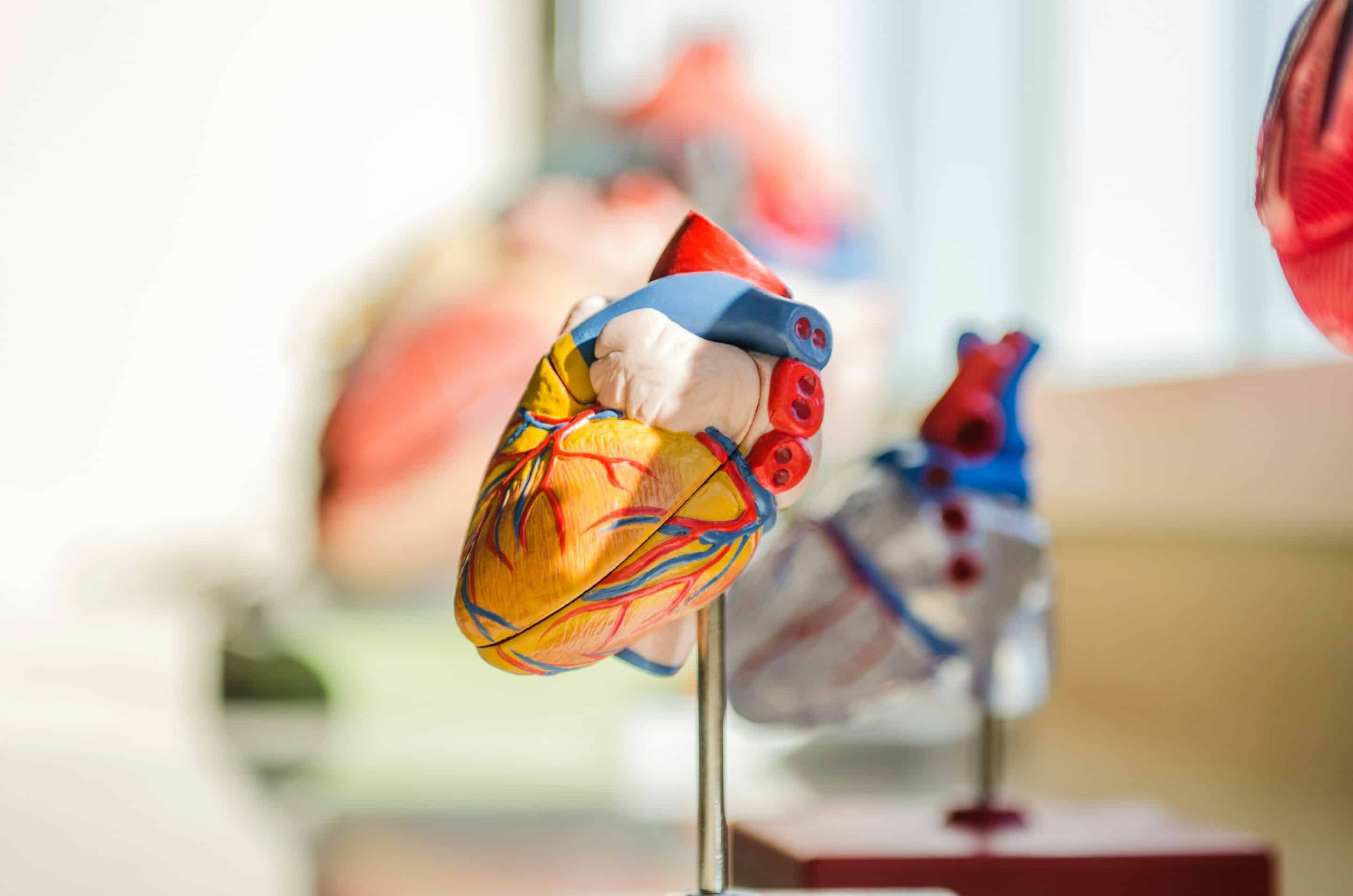The grip of cocaine addiction extends far and wide, impacting countless lives with its insidious reach. Among its many destructive effects, the toll it takes on cardiovascular health looms large and ominous. Cocaine’s potent stimulant properties unleash a series of tumultuous reactions within the cardiovascular system, setting the stage for potentially grave complications.
In this article, we will embark on a journey through the labyrinth of mechanisms by which cocaine inflicts harm on the cardiovascular system, shedding light on the array of potential ramifications and emphasizing the urgency of seeking treatment to avert dire consequences and nurture lasting health and vitality.
The Mechanics of Cocaine’s Cardiovascular Impact
Cocaine use elicits an immediate, potent reaction in the body, leading to an increased heart rate, raised blood pressure, and constricted blood vessels. This ‘fight or flight’ type reaction can be lifesaving in certain situations but is significantly dangerous when routinely triggered by cocaine use. Chronic cocaine use puts these core cardiovascular functions under sustained duress, leading to a range of conditions.
Cocaine as an Acute Stressor on the Heart
When ingested, cocaine rapidly reaches the brain, causing a surge in dopamine, the ‘feel-good’ neurotransmitter. But its effects on the heart and cardiovascular system are far from pleasurable. Cocaine can induce myocardial ischemia, even in otherwise healthy individuals.
The Surge of “Highs” — and Its Lethal Companion
Ingesting cocaine can lead to alarming spikes in blood pressure and heart rate, with some users experiencing tachycardia (abnormally fast heart rate) or myocardial infarctions (heart attacks).
The Looming Shadow of Hypertension
Cocaine narrows the blood vessels, leading to hypertension. Chronic cocaine use can place relentless pressure on arterial walls, increasing the risk of aneurysms, dissections, and eventual heart failure.
The Long-Term Toll on Cardiovascular Health
While acute cardiovascular events are perhaps the most publicized, chronic cocaine use exacts a grim toll over time. From atherosclerosis to cardiac arrhythmias, the damage is cumulative and often irreversible.
The Silent Scourge of Atherosclerosis
Cocaine accelerates atherosclerosis — the narrowing and hardening of the arteries. This process, typically ingrained with age, is hastened by cocaine, setting the stage for heart disease and strokes.
An Unsteady Beat: Cocaine’s Role in Arrhythmias
Arrhythmias, or irregular heart rhythms, are a common consequence of cocaine use. They can be benign or life-threatening, often necessitating immediate medical intervention.
Beyond the Immediate: Psychological and Lifestyle Factors
Cocaine addiction is more than a cardiovascular concern; it’s a complex psycho-social malady. This section goes beyond the direct physiological impact of cocaine, exploring the psychological aspects and associated lifestyle factors that can compound the cardiovascular risks.
The Spiral of Depression and Drug Abuse
Using cocaine to lift one’s mood can become a habitual, cyclical pattern — but the depressive crashes that follow the high can trigger more use, perpetuating a dangerous cycle.
Breaking the Cycle: Interventions and Support
It’s crucial to highlight the role of mental health interventions, particularly in the context of fighting cocaine addiction. Therapies, support groups, and personalized treatment plans can make a significant difference in patients’ ability to break free from addiction.
Lifestyle on the Edge: The High-risk Behaviors of Cocaine Users
Cocaine addiction often goes hand in hand with other high-risk behaviors, such as unsafe sexual practices and other substance abuses, that further elevate the risks to one’s cardiovascular health.
The Role of Education in Mitigating Risks
Educational campaigns aimed at both users and healthcare providers are critical to curbing the broader public health impact of cocaine use. The more informed individuals are, the better equipped they are to make positive changes.
Rehabilitating the Heart and the Mind
With such serious implications for cardiovascular health, addressing cocaine addiction requires a multi-faceted approach. This part outlines possible avenues for recovery, rehabilitation, and long-term health management.
Moving Beyond the Stigma: The Importance of Addiction Medicine
Addiction is a complex medical condition, often mired in societal stigma. Highlighting the role of addiction medicine and the science of recovery can humanize the struggle and encourage individuals to seek help without fear of judgment.
The Journey to Sobriety: Reclaiming Cardiovascular Health
Recovery from cocaine addiction is a journey. Patients must navigate withdrawal symptoms, psychological cravings, and the healing process to repair their cardiovascular system gradually.
Long-term Care and Lifestyle Adjustments
Post-recovery, patients must often make extensive lifestyle changes to support their newfound sobriety and cardiovascular health. This might include regular exercise, a heart-healthy diet, and the cessation of other risky behaviors.
The Ongoing Dialogue: Monitoring and Support Systems
An open, ongoing dialogue between patients, healthcare providers, and support networks can help ensure that individuals in recovery stay on track and address any emerging health concerns proactively.
Contact Impact IOP – Louisville Addiction Treatment Center Today
At Impact IOP, we specialize in treating those struggling with cocaine addiction and its impact on cardiovascular health. Our comprehensive treatment approach addresses the physical, psychological, and social factors contributing to substance use disorders.
Contact us today to learn more about our programs and resources for achieving lasting recovery. Together, we can help you reclaim your life and protect your cardiovascular health.

